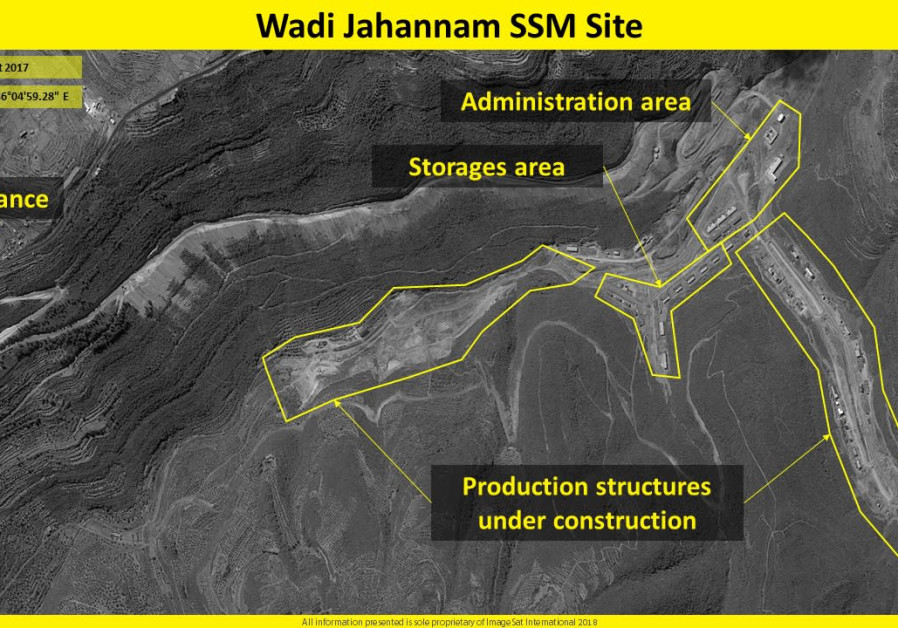Abbas to present alternative to Trump’s “Deal of the Century” at UN next month; United States government officially cuts funding to UNRWA; PA minister: There can be no peace without East Jerusalem as the capital of the State of Palestine on the 1967 borders.
The Palestinians will present an alternative plan to the Trump Administration’s “Deal of the Century” at the UN General Assembly next month.
The announcement was made by the Palestinians’s Foreign Minister, Riyad Malki, who reported that Palestinian President Mahmoud Abbas will address the UN and reiterate the Palestinians’ “categorical rejection” of the Trump Administration’s plan.
He reported that Abbas will “announce the Palestinians’ categorical rejection of American-Israeli plans aimed at liquidating the Palestinian cause, through the so-called ‘Deal of the Century”. The Palestinians will provide alternatives to what this US administration is doing based on force and the policy of bullying led by the US president.”
On borders and Jerusalem, the minister stated “There can be no peace without East Jerusalem as the capital of the State of Palestine on the 1967 borders, without resolving the refugees’ issue in all its aspects as per United Nations Resolution 194 and before recognizing that all Israeli colonial settlements are illegal.”
On Thursday, reports surfaced quoting an official from the White House confirming that the United States government will stop its funding of the UNRWA (United Nations Relief and Works Agency for Palestinians). The United States has been the main contributor in aid to the agency for over a decade, the Trump Administration announcing its cut of $200 million last week and $65 million in January of this year.
The State Department provided $60 million to the agency of the $350 million allocated.
On Monday, reports claimed the Trump Administration plans to officially reject the Palestinian’s “right of return”. The reports claim the United States will officially reject the UNRWA’s definition of Palestinian refugees, combatting the inflated number of Palestinian refugees claimed by the United Nations. Of the UN’s claim of over 5.3 million Palestinian refugees, only half a million would be recognized.

